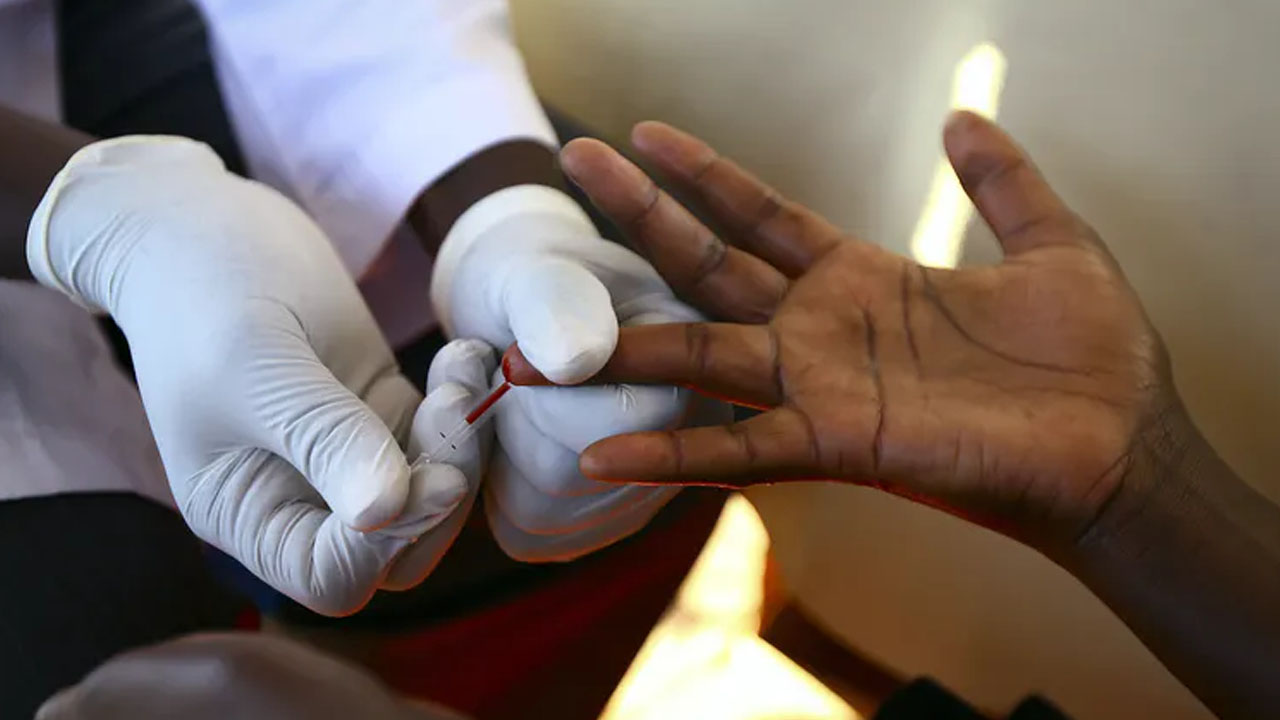The World Health Organisation (WHO) has raised concern over the stagnation of global HIV prevention efforts, announcing that an estimated 1.3 million people acquired HIV in 2024, including 120,000 children.
The figures, released at the 13th International AIDS Society Conference (IAS 2025) on HIV Science in Kigali, Rwanda, reflect what WHO describes as a “critical moment” in the global response to the epidemic.
According to WHO, by the end of 2024, 40.8 million people were living with HIV, with 65 per cent of these individuals located in the WHO African Region. Despite the expansion of treatment access, reaching 31.6 million people in 2024, up from 30.3 million in 2023, the global burden remains significant. An estimated 630,000 people died from HIV-related causes in the past year.
To reverse the slowing momentum, the WHO released updated guidelines featuring new prevention and treatment strategies aimed at accelerating progress. Among the most significant developments is the recommendation of injectable lenacapavir (LEN) as a new pre-exposure prophylaxis (PrEP) option, administered twice a year.
Describing the drug as a “transformative step forward,” WHO Director-General, Dr. Tedros Adhanom Ghebreyesus, said the long-acting injectable has the potential to protect vulnerable populations who face challenges with daily medication adherence, stigma, or limited access to care. “While an HIV vaccine remains elusive, lenacapavir is the next best thing. It’s a long-acting antiretroviral shown in trials to prevent almost all HIV infections among those at risk,” he said.
Ghebreyesus emphasised that the launch of the WHO guidelines, coupled with the FDA’s recent approval of LEN, represents a major advancement in expanding access to HIV prevention tools. He reiterated WHO’s commitment to collaborate with countries and global health partners to ensure the innovation reaches communities “as quickly and safely as possible.”
Director of WHO’s Department of Global HIV, Hepatitis and STI Programmes and incoming Director of Science, Research, Evidence and Quality for Health, Dr Meg Doherty, addressed the urgency of implementation. “We have the tools and the knowledge to end AIDS as a public health problem. What we need now is bold implementation of these recommendations, grounded in equity and powered by communities,” she said.
The updated guidelines come amid disproportionate impact among key and priority populations, including sex workers, prisoners, children, adolescents and others. WHO officials said that by offering more flexible and discreet options like LEN, communities can be empowered to take control of their health.
As part of the updated package, WHO also recommended simplified HIV testing procedures to support the rollout of LEN and other long-acting PrEP products such as cabotegravir (CAB-LA). A public health approach using HIV rapid tests has now been endorsed, eliminating the need for complex and expensive laboratory diagnostics.
WHO believed this move would enhance accessibility by enabling community-based delivery of PrEP through pharmacies, clinics, and telehealth platforms.
LEN now joins a growing list of WHO-recommended PrEP tools, including daily oral PrEP, injectable CAB-LA, and the dapivirine vaginal ring. However, WHO cautioned that access to LEN remains limited outside of clinical trials, urged governments, donors, and health organisations to start national rollouts immediately and to gather real-world data on usage, adherence, and outcomes.
The organisation also introduced new service integration guidelines, calling for the merging of HIV services with care for noncommunicable diseases (NCDs) such as hypertension and diabetes, as well as mental health support for depression, anxiety, and alcohol use.






